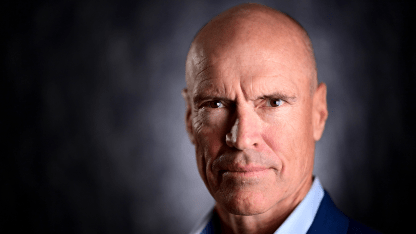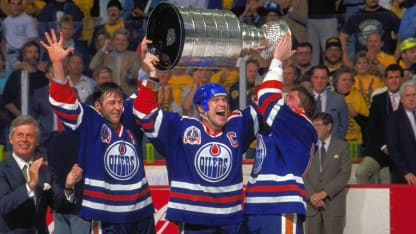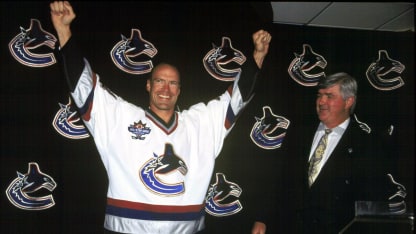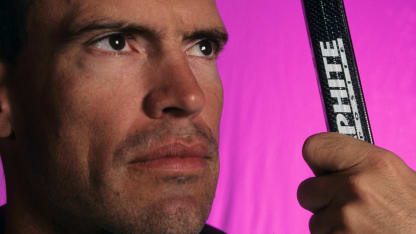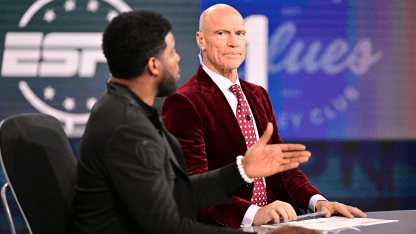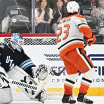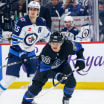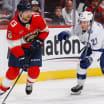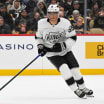Barring the unforeseen, Toronto’s Auston Matthews seems like a lock to win his third Maurice Richard Trophy as the NHL’s leading goal-scorer. What makes Matthews the sniper that he is?
“His size for sure (6-foot-3, 215 pounds). His skating. He’s never skated better, in my opinion. As you get a little bit older, you get stronger, more mature. One of the things you do when you're four, five, six years in the League, you start to become way more focused or you know how to focus better. Your consistency increases because of it. And I think that you're seeing him play with a tremendous amount of consistency right now.
“I mean, he is the best, most natural goal-scorer in the game right now. There's no question about it. You add up all of his physical skills and then you add the experience that he's getting now – the focus and the maturity. He’s a tremendous hockey player, incredible, incredible goal-scorer.
“I don't know actually how you eliminate or stop a guy who can skate that well with that size and his shot, because he can score from the inside and from the outside. I'm really looking forward to seeing him in the playoffs again this year.”
Matthews now has two 50-plus goal seasons. Ninety-eight different players have scored 50 or more in a season. You’re among them, No. 32 on that list chronologically, scored with the Oilers on March 31, 1982 at home against Los Angeles -- two goals, an assist, No. 50 coming with 23 seconds left in your team’s second-last game of the season …
“I remember starting as a pro as a 17-year-old (in the World Hockey Association) for Indianapolis, then Cincinnati) with a very raw skill set at that age. One goal in 52 games, then being drafted into the NHL (in 1979) by the Oilers (third round, 48th overall), basically maturing and working on my skills at the pro level. Normally, players drafted into the NHL are way further along in skill development than I was.
“It was challenging for me. I felt incredibly grateful that I could play pro hockey at age 17, but it was very difficult to work on my skills at the pro level. Even when the Oilers drafted me, I was playing on the fourth line as a left-winger, an aggressive game, fighting, just trying to stay in the lineup.
“Two years later, scoring 23 goals, getting at least a little more established, trying to figure it out as a pro. Then scoring 50 goals in my third year in the NHL…”
